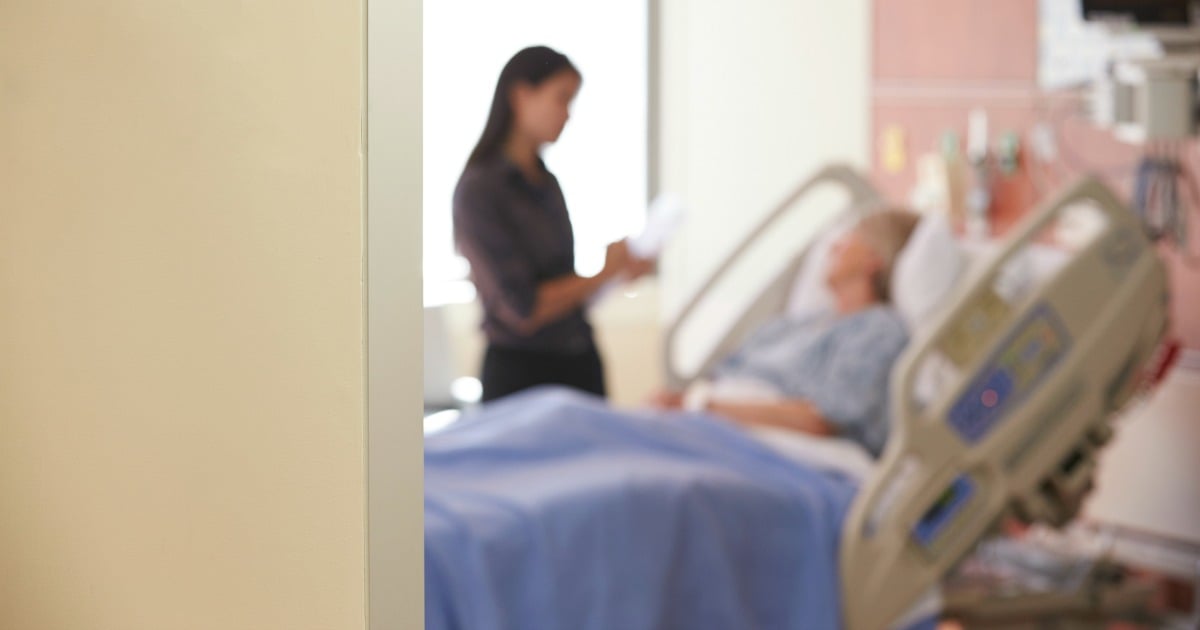
It’s like something from a science fiction novel, isn’t it?
Genius scientist discovers a way to detect breast cancer before it even happens. Girl faces decision for rest of her life to ignore the results, or sacrifice part of her body in a bid to save it.
It’s a moral dilemma, an emotional roller coaster, a quandary so modern and so strange it sticks with you for weeks.
Unfortunately, it’s not the work of fiction but a very, very real choice that women like me have been stuck with in recent years.
So, if you could know if the heartache of breast cancer awaits… would you?


Top Comments
My mum recently had breast cancer and tested positive for one of the BRCA genes but I was told I wasn't eligible for the test because my third risk factor didn't count. As a cancer survivor twice already due to immunosuppressive medication I feel like knowledge is power. I argued that the fact that my having cancer due to medication still counts because even for that you need to have genetic predisposition to cancer to get medication induced malignancies. Not to mention the immunosuppressant medication- I'd consider that a 4th risk factor. This test NEEDS to be more widely available. Knowledge is power....
As someone who carries this gene I was grateful for the choices that this test gave me. I decided to have the full hysterectomy and had my ovaries removed. ( I have had my children). This eliminates the 'unseen' risk. I will continue to monitor my breasts through regular checks. I am still fully a woman and enjoy my femininity. I do not feel like I have lost anything there at all. My sex drive has not been affected. ( I did fear this). Life is great.